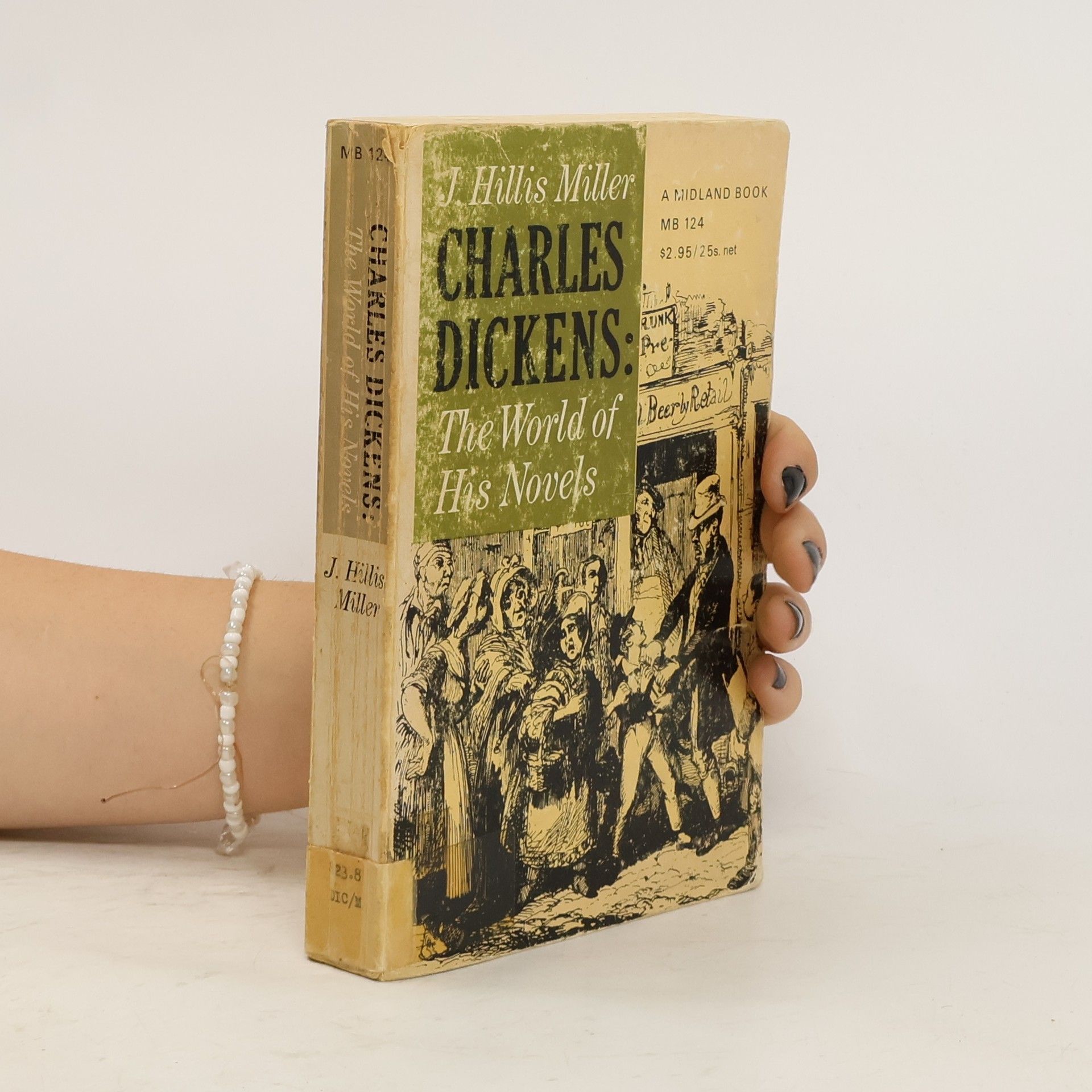J. Hillis Miller Book order (chronological)
March 5, 1928 – February 7, 2021
J. Hillis Miller is a towering figure in literary criticism, whose work investigates the complex relationships between texts and their interpretations. His approach is characterized by a profound reflection on the nature of reading and the possibilities it offers. His scholarship is essential for understanding postmodern literary theory and its impact on contemporary thought. Miller's legacy lies in his ability to uncover hidden meanings and challenge traditional ways of comprehending literature.

